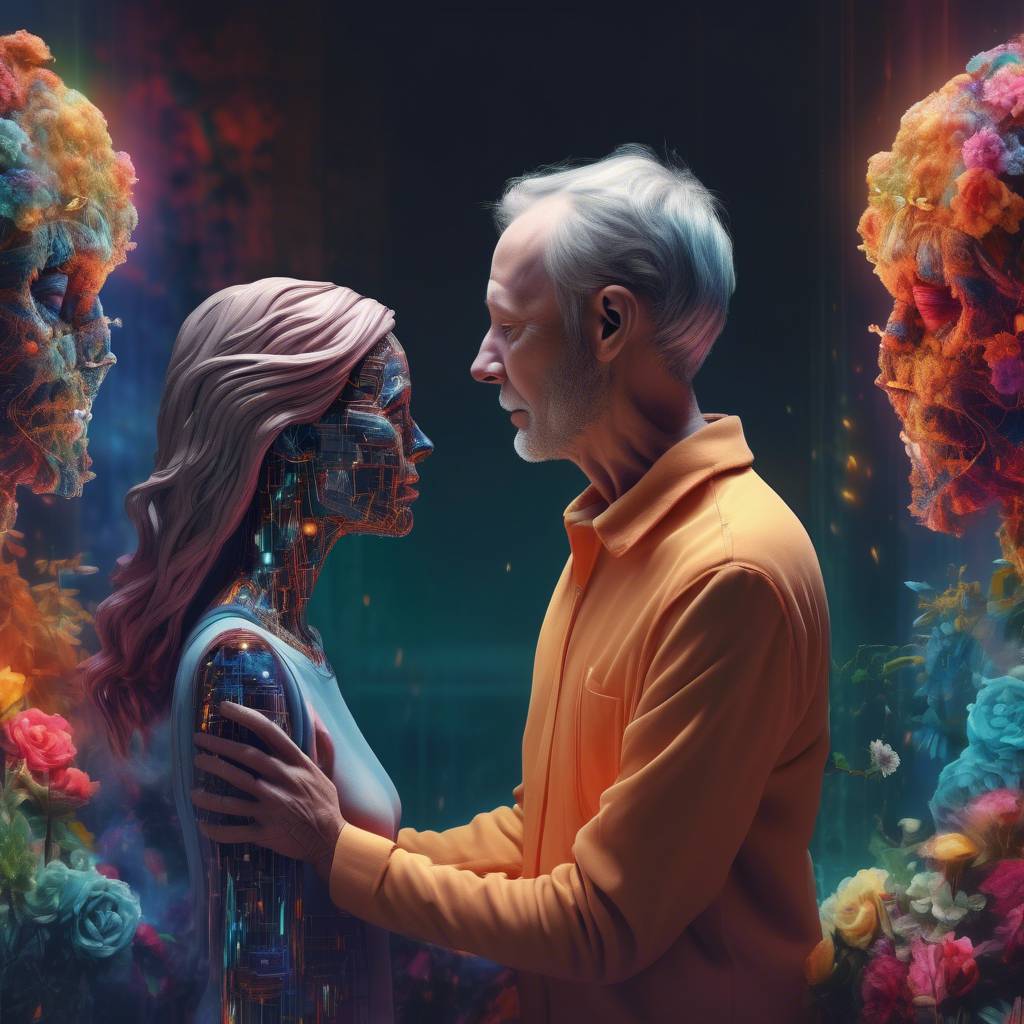Some people are using AI technology to recreate and communicate with deceased loved ones, raising ethical concerns and questions about the grieving process. Ana Schultz, for example, customized Snapchat My AI to look like her late husband Kyle and asks for cooking advice through it. AI tools like ChatGPT are being used for this purpose, allowing users to interact with virtual versions of their deceased loved ones. The accuracy of these AI recreations depends on the information fed into the system.
Generative AI tools such as ElevenLabs are being used to clone voices of deceased loved ones, allowing them to speak and provide comfort to their grieving relatives. Some individuals have found this to be a helpful way to preserve memories and maintain a sense of connection with the deceased. While some see it as a unique way to cope with loss, others question the ethical implications of using AI to recreate voices and personalities of the deceased.
Startups like HereAfter AI and StoryFile offer services that allow users to create avatars of deceased loved ones, providing a way to interact with virtual representations of the deceased. Tech giants like Amazon have also explored similar technology, with plans to allow Alexa to mimic any voice, including that of a deceased family member. These advancements in AI technology have the potential to make memories last but also raise privacy concerns.
Despite the advancements in AI technology for recreating the voices and personalities of the deceased, there are concerns about privacy and misinformation. Using AI to communicate with the dead raises questions about the authenticity of the relationships and the impact on the grieving process. While some find comfort in these AI recreations, others feel that it may hinder the acceptance of loss and the processing of grief.
Not everyone is comfortable with the idea of using AI to communicate with deceased loved ones. Some individuals, like software engineer Bill Abney, feel that this technology disrespects the memory of the deceased and cannot replace the authentic relationship they shared. Others, like psychologist Jodi Spiegel, have found comfort in creating digital versions of their loved ones in virtual worlds, such as in The Sims game, to maintain a sense of connection and companionship.
Overall, the use of AI technology to communicate with deceased loved ones presents a complex and evolving ethical landscape. While some find solace in these virtual interactions, others question the authenticity and impact on the grieving process. As AI technology continues to advance, the debate around the use of AI to recreate and communicate with the dead will likely continue to raise ethical questions and spark discussions about the intersection of technology, grief, and memory.









